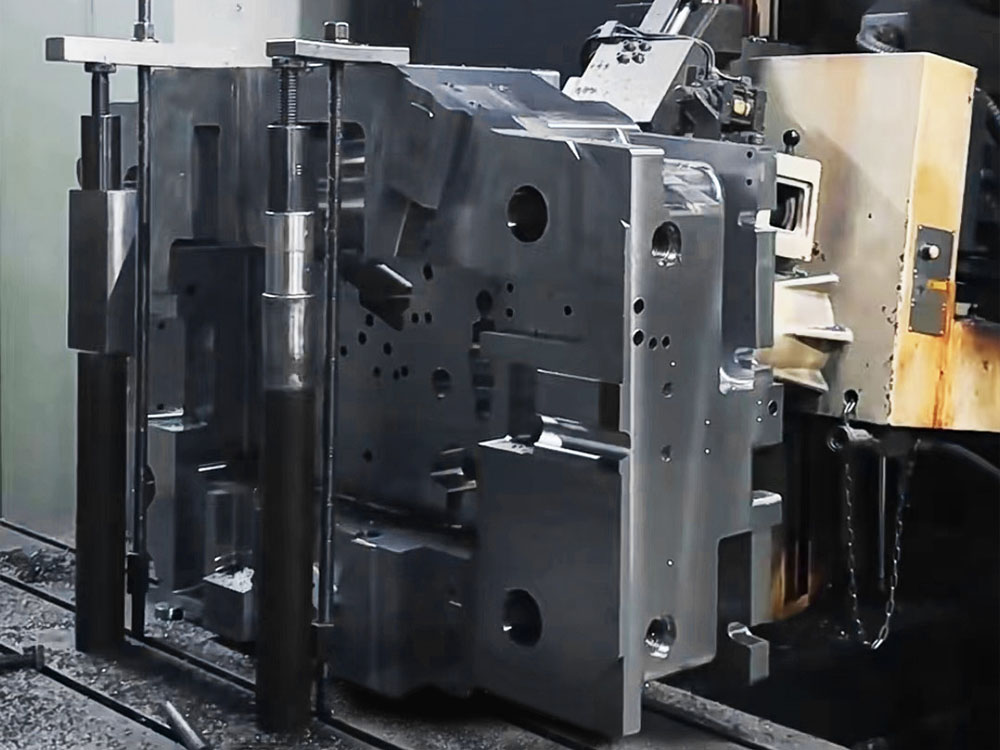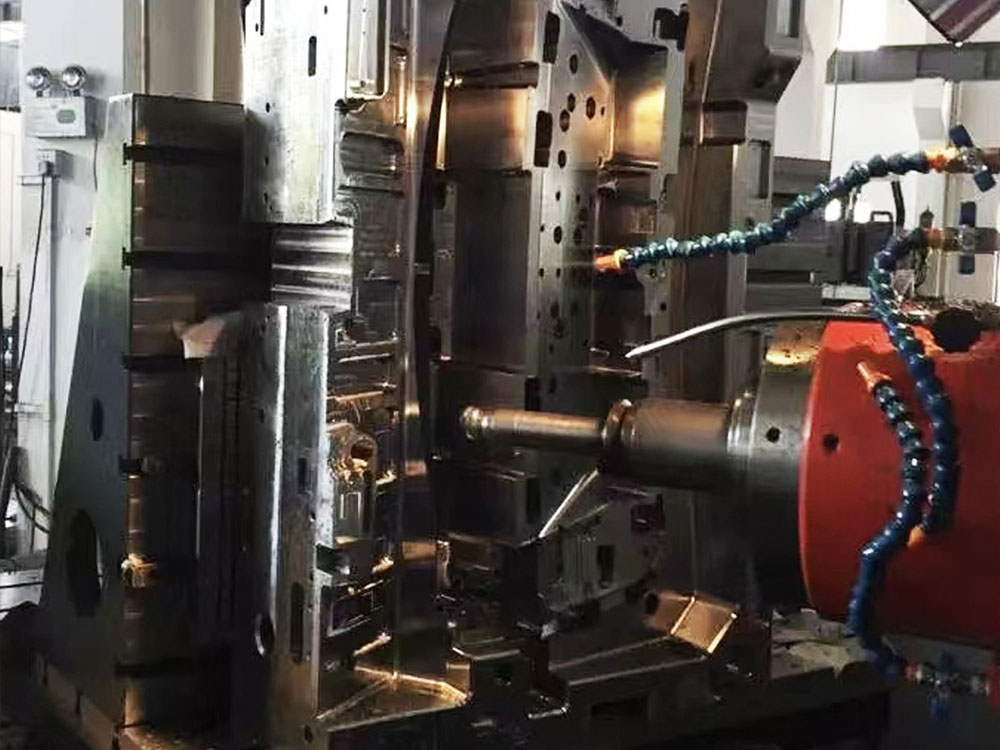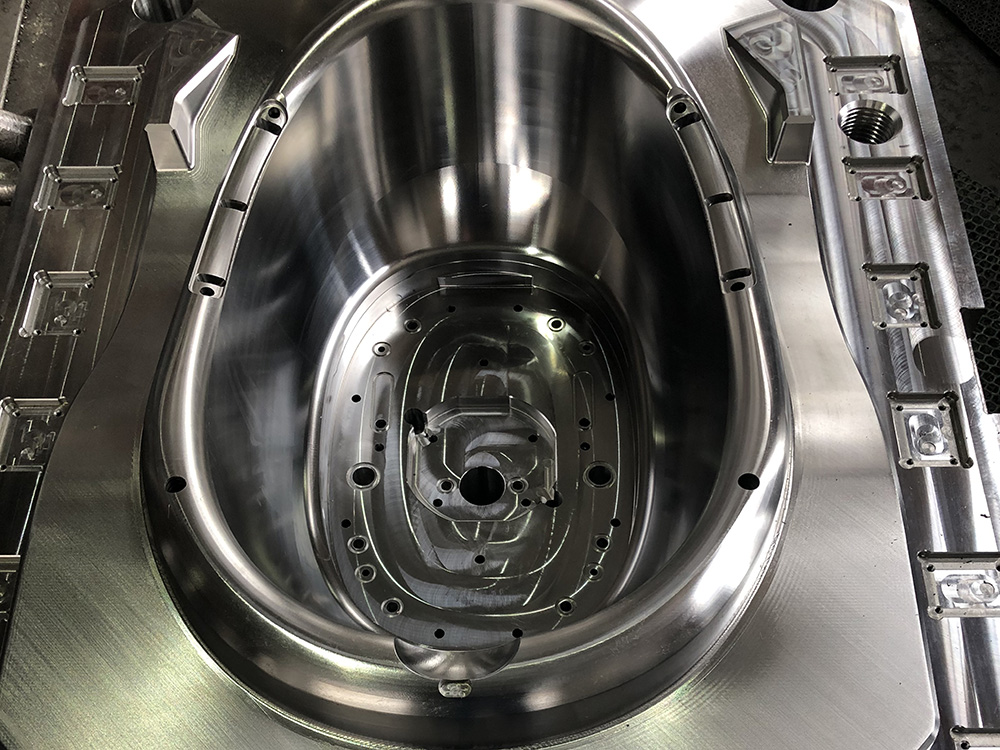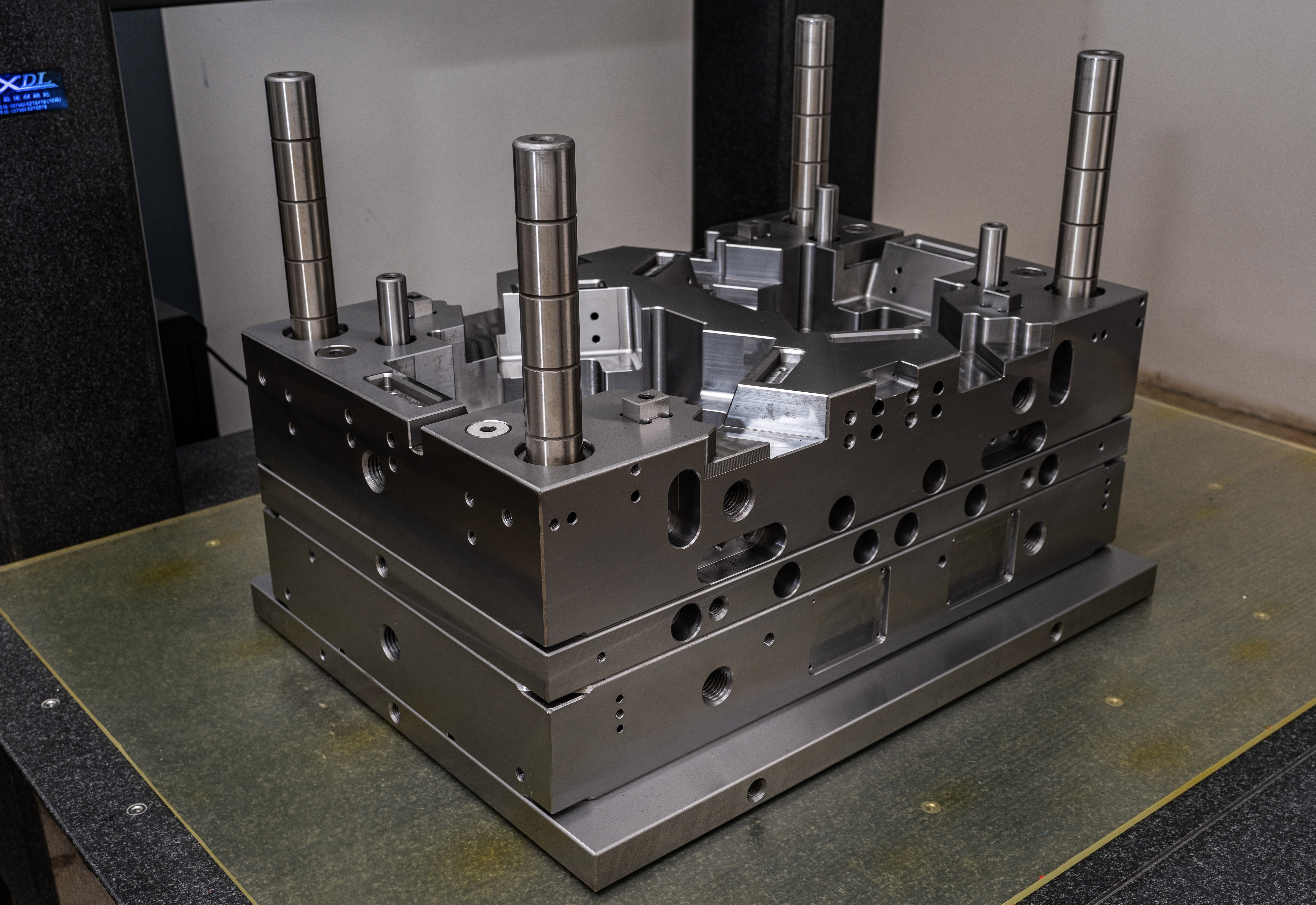Customized Non-standard Mold Frame Manufacturing Process Driven by Customer Demands
The mold base industry is a crucial component of the manufacturing sector, enabling the production of a wide range of products across various industries. Traditional mold bases are standardized, offering a cost-effective solution for mass production. However, with the rising demand for unique and custom-made products, a customized non-standard mold frame manufacturing process has emerged as a necessity.
Understanding Customer Demands
Customers today have diverse requirements, seeking molds that are tailored to their specific needs. This demand arises from a desire for personalized products that stand out in the market. Customization might include variations in size, shape, material, and functionality. It creates challenges for mold base manufacturers, as they must ensure flexibility and adaptability in their manufacturing processes.
Design and Engineering
The initial step in the manufacturing process is design and engineering. Customers provide specifications about their desired mold base, which could be in the form of 2D or 3D drawings. Design teams utilize computer-aided design (CAD) software to convert these specifications into a detailed blueprint. This blueprint serves as the foundation for the rest of the manufacturing process.
Material Selection
The choice of material is crucial in customizing non-standard mold frames. Depending on customer demands, manufacturers may opt for materials such as stainless steel, aluminum, or specialty alloys. Factors such as the desired product lifespan, environmental conditions, and production volume all play a role in determining the most suitable material. Material selection is vital to ensure the mold base's durability, reliability, and performance.
Manufacturing Techniques
The manufacturing process begins with the fabrication of the mold frame. Advanced machining techniques, such as computer numerical control (CNC) milling and turning, are employed to shape and refine the mold base according to the design blueprint. CNC machines offer precise and efficient manufacturing capabilities, ensuring a high-quality final product.
Additionally, other manufacturing techniques, such as EDM (electrical discharge machining) and wire cutting, are utilized to create intricate features and cavities within the mold frame. These techniques allow for the production of highly complex and customized mold bases that meet the unique requirements of customers.
Quality Control and Inspection
As with any manufacturing process, quality control and inspection are vital stages in ensuring customer satisfaction. Various testing methods, such as coordinate measuring machines (CMMs) and visual inspections, are employed to verify the dimensions, accuracy, and overall quality of the mold frame. Manufacturers should adhere to strict quality standards to deliver products that meet or exceed customer expectations.
Customization Challenges
The customization of non-standard mold frames poses several challenges for manufacturers. Design complexity, tight tolerances, and short lead times are some of the hurdles that must be overcome. Moreover, as customization often entails smaller production volumes, manufacturers must find a balance between cost-effectiveness and meeting customer demands.
The Future of Customized Non-standard Mold Frames
With the increasing demand for unique products and rapid advancements in manufacturing technology, the future of customized non-standard mold frames appears promising. Manufacturers are investing in research and development to improve their customization capabilities and optimize the overall manufacturing process.
Conclusion
The mold base industry is undergoing a significant transformation with the emergence of a customized non-standard mold frame manufacturing process driven by customer demands. This evolution allows manufacturers to offer personalized and unique mold bases that cater to specific needs. While customization poses challenges, manufacturers are striving to adapt and improve their processes to meet customer expectations. With ongoing advancements, the future looks bright for customized non-standard mold frames in meeting the evolving demands of the manufacturing industry.




